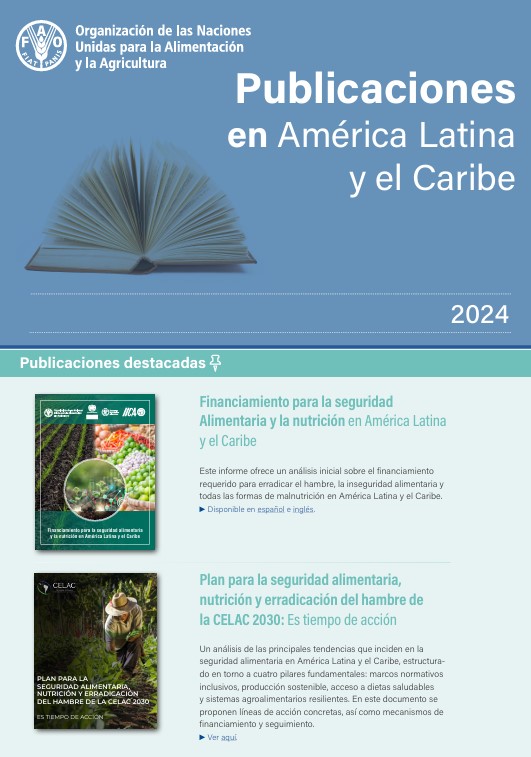Publications
![cb6536en_200[1]](/images/rlclibraries/publications/cb6536en_200-1-.jpg?sfvrsn=56408bd6_2)
Send Lessons learned and public policy recommendations on adaptation to climate change in artisanal fisheries and small-scale aquaculture in Chile.
01/10/2021
This document is part of the project “Strengthening the adaptive capacity to climate change in the fisheries and aquaculture sector of Chile”, executed by the Undersecretariat of Fisheries and Aquaculture and the Ministry of the Environment, and implemented by the Food and Agriculture Organization of the United Nations, with funding from the Global Environment Facility.
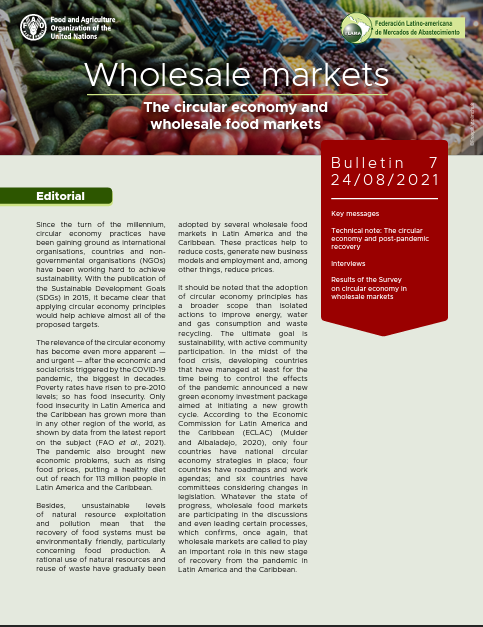
Wholesale markets: Action against COVID-19 Bulletin N° 7
24/08/2021
The circular economy in wholesale markets reduces production costs, generates new business models, and can play a crucial role in reducing food prices and food security for the population. This publication reviews technical information on the circular economy and post-pandemic recovery, along with interviews with Rodrigo Perpétuo and Gustavo Chavarría Gamboa and survey results on the circular economy in wholesale markets.
![cb2369en_200[1]](/images/rlclibraries/publications/cb2369en_200-1-.jpg?sfvrsn=83245d42_2)
Combating obesity and overweight: Private sector initiatives in Latin America and the Caribbean
20/08/2021
The value chain that provides for healthy eating is essential in promoting and accessing an adequate diet. Producers, distributors and consumers play an important role in promoting the consumption of healthy foods, which is reflected in various initiatives that private and civil society have led in Latin American countries.
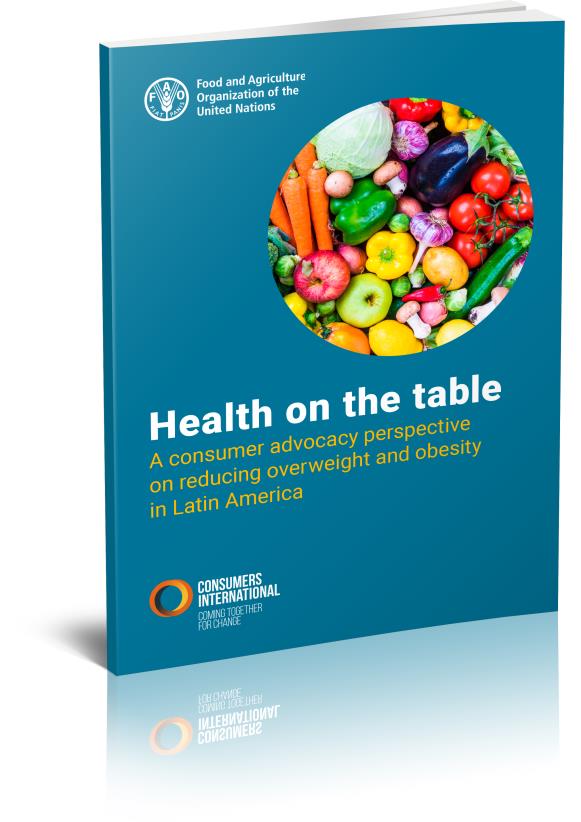
Health on the table – A consumer advocacy perspective on reducing overweight and obesity in Latin America
16/08/2021
The health of global consumers has suffered greatly from the growing problem of overweight and obesity. In Latin America and the Caribbean, overweight affects 59.5 percent of adults, more than 20 percentage points above the world average, while almost a quarter of all adults are obese, well above the world average of 13.1 percent.
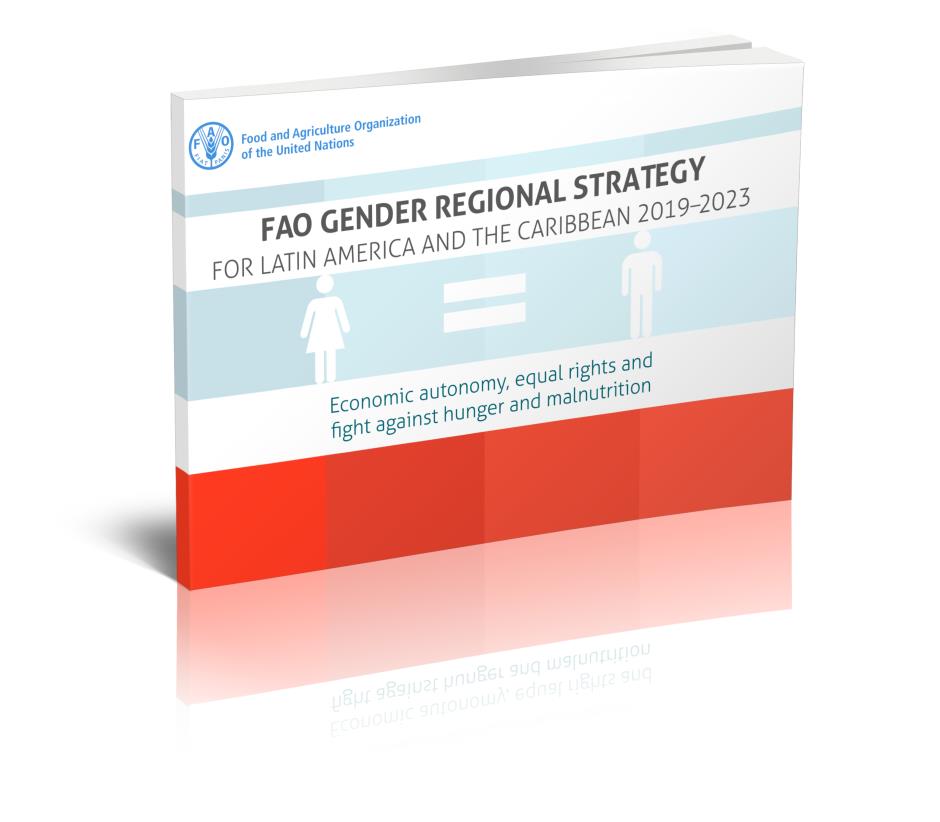
FAO Gender Regional Strategy for Latin America and the Caribbean 2019–2023
28/07/2021
The Gender Strategy proposes to deepen the analysis of the initiatives that achieve changes and - structural transformations - of the unequal relations, emphasizing in the monitoring of the SDGs and the indicators under the mandate of the FAO.
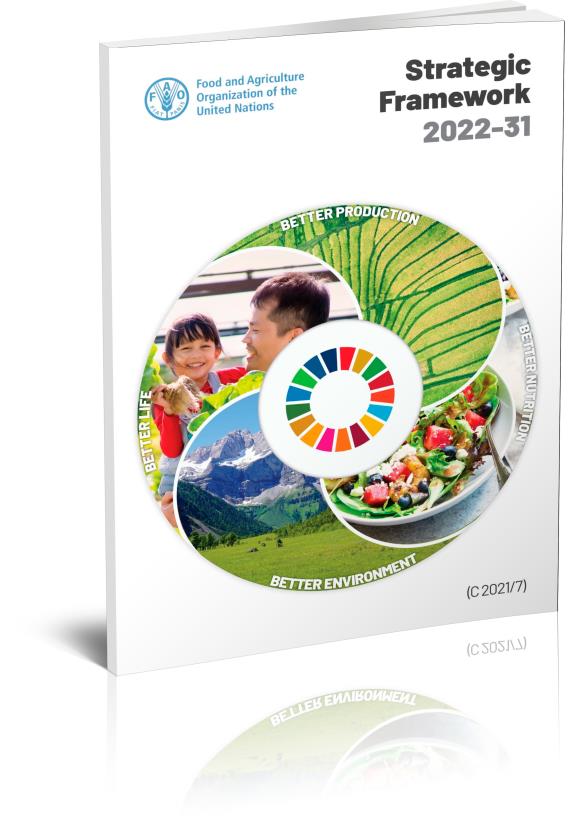
Strategic Framework 2022-31
19/07/2021
Since 2010 all of FAO’s work is guided by a Strategic Framework prepared for a period of ten to fifteen years, reviewed every four years. The Strategic Framework 2022-2031 has been developed in the context of major global and regional challenges in the areas of FAO's mandate, including the COVID-19 pandemic.
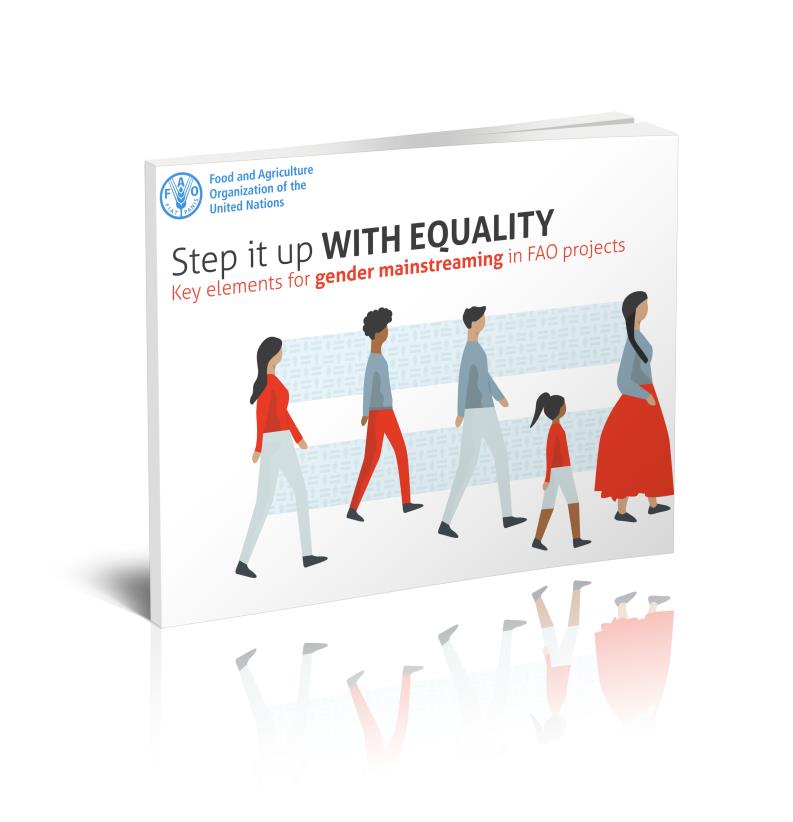
Key elements for gender mainstreaming in FAO projects
07/07/2021
The guide Step it up with Equality provides a set of questions, answers, means, and tools for FAO staff and partners to mainstream gender issues as part of the shared commitment to gender equality and women's empowerment, in light of the major United Nations goals for human development and social justice. The guide focuses on each phase of the project cycle, defining the steps and tools to facilitate gender mainstreaming. It also includes a gender mainstreaming checklist, an FAO catalogue of literature and tools on gender, a mechanism for systematizing good practices, and a portfolio of actions and examples on gender mainstreaming.

